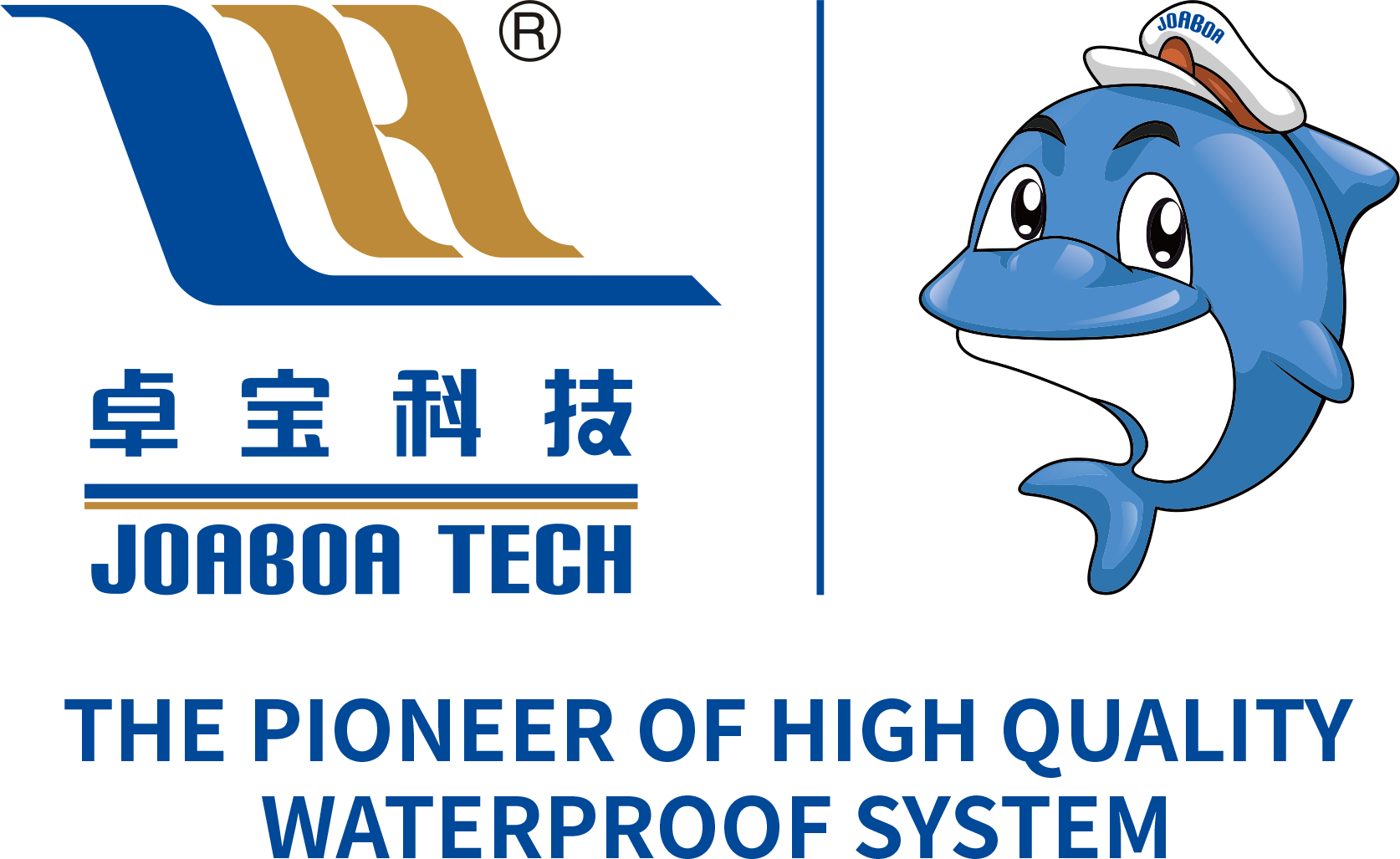Understanding the Benefits of PVC Waterproofing Membrane in Chemical Coatings
2025-08-31 09:00
PVC waterproofing membranes are widely recognized for their effectiveness in providing durable and reliable waterproofing solutions across multiple sectors, including construction, manufacturing, and chemical industries. These membranes are crafted from polyvinyl chloride (PVC), a synthetic plastic polymer that boasts excellent resistance to water, chemicals, and UV rays, making it an ideal choice for waterproofing applications.
One of the primary advantages of PVC waterproofing membranes is their exceptional durability. Unlike traditional waterproofing materials, PVC membranes can withstand harsh environmental conditions, ensuring long-lasting protection against water infiltration. This durability is crucial in industries where water damage can lead to significant operational disruptions and financial losses. Moreover, the membranes maintain their structural integrity over time, providing a reliable barrier against moisture.
Another significant benefit is the ease of installation. PVC waterproofing membranes can be applied using various methods, including hot air welding, adhesives, or mechanical fastening, depending on the specific requirements of the project. This flexibility in application not only speeds up the installation process but also allows for seamless integration with other waterproofing systems, enhancing overall performance.
Furthermore, PVC membranes are lightweight and flexible, allowing them to conform to various substrates and complex geometries without compromising their waterproofing capabilities. This adaptability makes them suitable for a wide range of applications, including roofs, basements, balconies, and terraces, where effective waterproofing is essential.
In addition to their physical properties, PVC waterproofing membranes are also environmentally friendly. Many manufacturers now produce membranes that comply with stringent environmental standards, ensuring that they are safe for both human health and the environment. This focus on sustainability is becoming increasingly important in today's market, where businesses seek eco-friendly solutions.
When it comes to maintenance, PVC waterproofing membranes require minimal upkeep. Their smooth surface makes them easy to clean and inspect, reducing the time and resources needed for ongoing maintenance. This aspect is especially beneficial in industrial settings, where maintaining operational efficiency is a top priority.
In conclusion, PVC waterproofing membranes offer a plethora of benefits for industries reliant on effective waterproofing solutions. Their durability, ease of installation, adaptability, environmental friendliness, and low maintenance requirements make them a smart choice for businesses looking to protect their assets from water damage. By understanding the advantages of PVC waterproofing membranes, companies can make informed decisions that enhance their waterproofing strategies and contribute to long-term success in their respective fields.
One of the primary advantages of PVC waterproofing membranes is their exceptional durability. Unlike traditional waterproofing materials, PVC membranes can withstand harsh environmental conditions, ensuring long-lasting protection against water infiltration. This durability is crucial in industries where water damage can lead to significant operational disruptions and financial losses. Moreover, the membranes maintain their structural integrity over time, providing a reliable barrier against moisture.
Another significant benefit is the ease of installation. PVC waterproofing membranes can be applied using various methods, including hot air welding, adhesives, or mechanical fastening, depending on the specific requirements of the project. This flexibility in application not only speeds up the installation process but also allows for seamless integration with other waterproofing systems, enhancing overall performance.
Furthermore, PVC membranes are lightweight and flexible, allowing them to conform to various substrates and complex geometries without compromising their waterproofing capabilities. This adaptability makes them suitable for a wide range of applications, including roofs, basements, balconies, and terraces, where effective waterproofing is essential.
In addition to their physical properties, PVC waterproofing membranes are also environmentally friendly. Many manufacturers now produce membranes that comply with stringent environmental standards, ensuring that they are safe for both human health and the environment. This focus on sustainability is becoming increasingly important in today's market, where businesses seek eco-friendly solutions.
When it comes to maintenance, PVC waterproofing membranes require minimal upkeep. Their smooth surface makes them easy to clean and inspect, reducing the time and resources needed for ongoing maintenance. This aspect is especially beneficial in industrial settings, where maintaining operational efficiency is a top priority.
In conclusion, PVC waterproofing membranes offer a plethora of benefits for industries reliant on effective waterproofing solutions. Their durability, ease of installation, adaptability, environmental friendliness, and low maintenance requirements make them a smart choice for businesses looking to protect their assets from water damage. By understanding the advantages of PVC waterproofing membranes, companies can make informed decisions that enhance their waterproofing strategies and contribute to long-term success in their respective fields.
Related News









